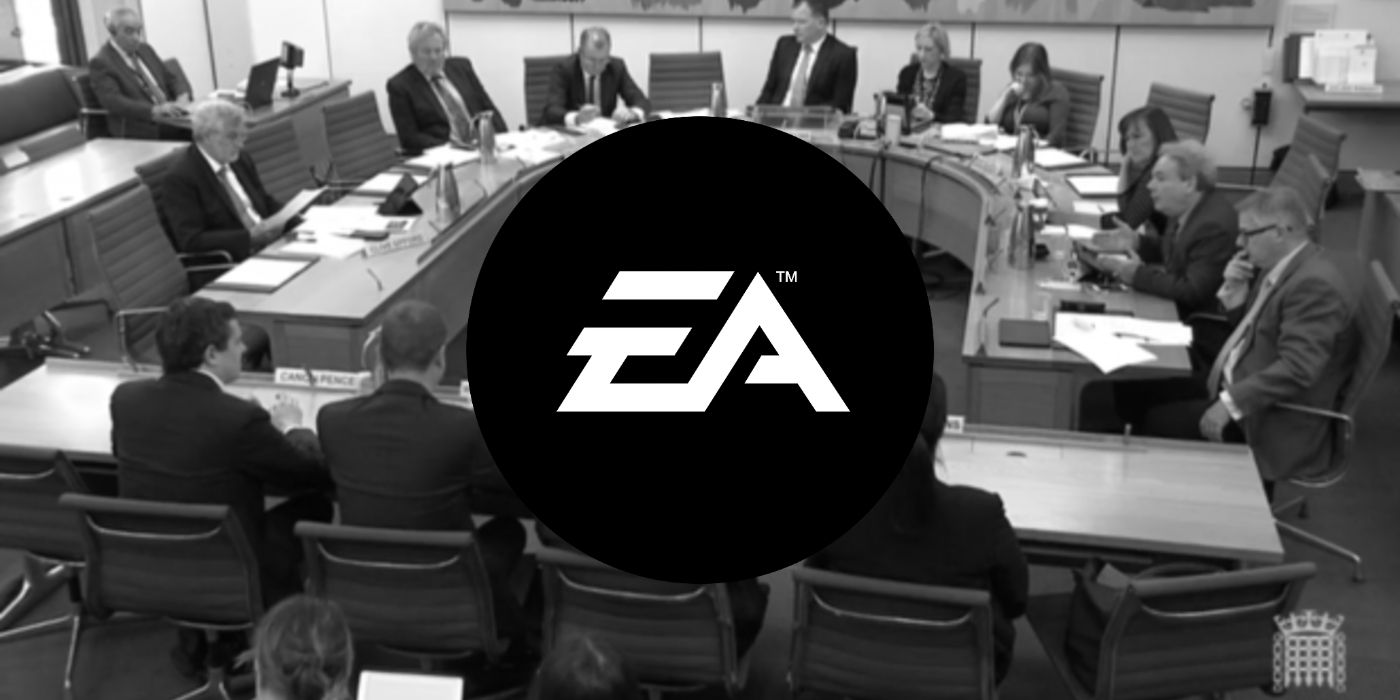In a move that is somehow still surprising despite the company's long history of questionable video game ethics, publisher EA made headlines earlier today when the company attempted to rebrand loot boxes as "surprise mechanics" instead. EA's introduction of loot boxes into its games has already been one of the industry's biggest controversies in recent years, with the blowback on Battlefront 2 loot boxes so large that the publisher was forced to change the entire system so that players would give the game a chance.
Other implementations of the same pay structure have also come under government scrutiny, such as the FIFA series' Ultimate Team collectible series, which allows players to gamble with real money on card pack openings that have an extremely low chance of adding an international superstar to the player's squad. With the practice of loot boxes becoming increasingly vilified and government groups looking to outright ban the practice in several different countries, being the publisher most closely associated with the concept has been doing EA no favors for its reputation— a reputation that has already suffered greatly this year with the catastrophic launch and subsequent re-launches of Anthem, a game that still can't release a meaningful update without breaking two other key mechanics.
EA is switching things up to try to recoup some of its pride and standing, according to a report from PCGamesN. Kerry Hopkins, EA's VP of legal and government affairs, went on record during an oral evidence session with the UK Parliament's Digital Culture, Media, and Sport Committee as saying that the company doesn't view its microtransactions as loot boxes, but rather as "surprise mechanics." In response to questions from a Scottish MP, Hopkins added to the wild inaccuracies of EA's understanding of loot boxes:
"We do think the way that we have implemented these kinds of mechanics—and FIFA of course is our big one, our FIFA Ultimate Team and our packs—is actually quite ethical and quite fun, quite enjoyable to people.
We do agree with the UK gambling commission, the Australian gambling commission, and many other gambling commissions that they aren't gambling, and we also disagree that there's evidence that shows it leads to gambling. Instead we think it's like many other products that people enjoy in a healthy way, and like the element of surprise."
It's a frankly shocking and blatant disregard of much of the research that has gone into the problem of loot boxes, with Hopkins also likening EA's loot boxes to "Kinder Eggs, or Hatchimals." The difference? The latter two haven't been correlated with gambling addiction in research studies, whereas loot boxes have, even if many more studies need to be done to conclusively link the two. EA's attempted rebranding of loot boxes in the face of anti-loot box stances in the Netherlands, Belgium, and now in the United States is a clear appeal to keep the practice in place in the face of growing hostility.
With EA, it can be hard to separate the fact from fiction, but in this instance, it's not difficult at all: loot boxes are loot boxes, not "surprise mechanics." That the publisher is even attempting to assert they're anything but what they are is an insult to consumer intelligence everywhere, and shows a blatant disregard for ethical concerns, instead prioritizing money. We'd say it's time consumers start voting with their wallets when it comes to EA, but if the publisher keeps churning out games like Anthem, fans won't even need to make a decision.
Source: PCGamesN


